Do Essential Oils Contain Alcohol
Essential oils have become increasingly popular for their various benefits, including aromatherapy, skin care, stress relief, and natural cleaning.
Some may wonder if essential oils contain alcohol and if they can cause alcohol intoxication.
In this article, we will explore the destruction of essential oils with alcohol, potential risks of using essential oils with alcohol, and how to use essential oils safely without alcohol.
Let’s dive in and learn more about this fascinating topic!
Key Takeaways:
What Are Essential Oils?
Essential oils are concentrated hydrophobic liquids containing volatile aroma compounds extracted from plants using methods like distillation or solvent extraction. These oils capture the essence of the plant and are known for their strong fragrances and therapeutic properties.
Originating from ancient herbal practices, essential oils have been used for centuries in various cultures for their medicinal and aromatic benefits. The extraction process involves carefully obtaining these potent substances from different parts of plants, such as leaves, flowers, bark, or seeds.
The volatile compounds found in essential oils are responsible for their distinct scents and therapeutic effects. For example, lavender oil is known for its calming properties, peppermint oil for its invigorating scent, and tea tree oil for its antibacterial and antifungal properties.
How Are Essential Oils Made?
Essential oils are made through various methods such as distillation and solvent extraction. Distillation involves the separation of volatile compounds from plant materials through heating and cooling, while solvent extraction uses chemicals like hexane to extract oils.
During distillation, the plant material is placed in a still with water, and as the water is heated, steam carries the volatile compounds through a condenser, where they are collected as essential oil and water. The oil layer is then separated and collected. In solvent extraction, the plant material is mixed with a solvent like hexane, which dissolves the oils. The mixture is then evaporated, leaving behind the concentrated essential oil. Eucalyptus oil and citrus peel oils are commonly produced using these methods.
What Are the Benefits of Using Essential Oils?
Using essential oils offers a wide range of benefits in areas such as aromatherapy, alternative medicine, and household uses. These oils have been utilized for centuries due to their natural properties and diverse applications.
For example, lavender essential oil is known for its calming effects, making it an excellent choice for promoting relaxation and reducing stress. Peppermint oil, on the other hand, is often used to alleviate headaches and migraines due to its cooling sensation and anti-inflammatory properties.
Tea tree oil is revered for its powerful antimicrobial and antiseptic qualities, commonly used to treat skin conditions such as acne and fungal infections. The versatility of essential oils extends to their ability to uplift mood, improve sleep quality, and even repel insects naturally.
Aromatherapy
Aromatherapy, utilizing the aromatic compounds in essential oils like lavender, is known for its stress-relieving and calming effects. The practice involves inhaling or applying diluted oils to promote relaxation and emotional well-being.
Regarding stress relief and mood enhancement, lavender essential oil is a popular choice due to its soothing properties. Inhaling the sweet, floral scent of lavender can help reduce anxiety and promote a sense of calmness. Applying diluted lavender oil to the skin through massage or in a bath can further enhance its relaxing effects.
Aside from lavender, other essential oils like ylang-ylang and chamomile are also known for their ability to reduce stress and improve mood. Ylang-ylang has a sweet, exotic aroma that can uplift the spirits and promote relaxation, while chamomile offers a gentle, comforting scent that helps soothe nerves and promote restful sleep.
Skin Care
Essential oils, such as peppermint oil, can be beneficial for skin care due to their natural properties. It is essential to use them safely by diluting them with carrier oils to avoid skin irritation.
Peppermint oil, known for its cooling sensation, can help soothe skin irritations and reduce redness, making it a popular choice in skincare routines. When using essential oils, always perform a patch test first to check for any allergies or sensitivities.
Proper mixture with rubbing alcohol is crucial to prevent adverse reactions. The general rule is to mix 1-2 drops of essential oil with 1 tablespoon of carrier oil. Common carrier oils like coconut or jojoba can act as a base to effectively deliver the benefits of the essential oils.
Despite their advantages, essential oils can be potent, and improper use may lead to skin sensitivities or reactions. It is advisable to consult a dermatologist before incorporating them into your skincare regimen.
Stress Relief
Essential oils, including eucalyptus oil, are known for their stress-relieving properties, helping individuals relax and unwind. The soothing aroma of eucalyptus can promote a sense of calm and mental clarity.
Along with its aromatic benefits, eucalyptus oil contains compounds that have been studied for their potential to reduce feelings of stress and anxiety.
When used in relaxation techniques, such as aromatherapy or massage, eucalyptus oil can create a peaceful environment that encourages relaxation.
It is important to dilute eucalyptus oil properly before applying it to the skin to avoid any potential skin irritation.
Individuals should be cautious when using essential oils around pets or children, as certain oils can be harmful if ingested.
Natural Cleaning
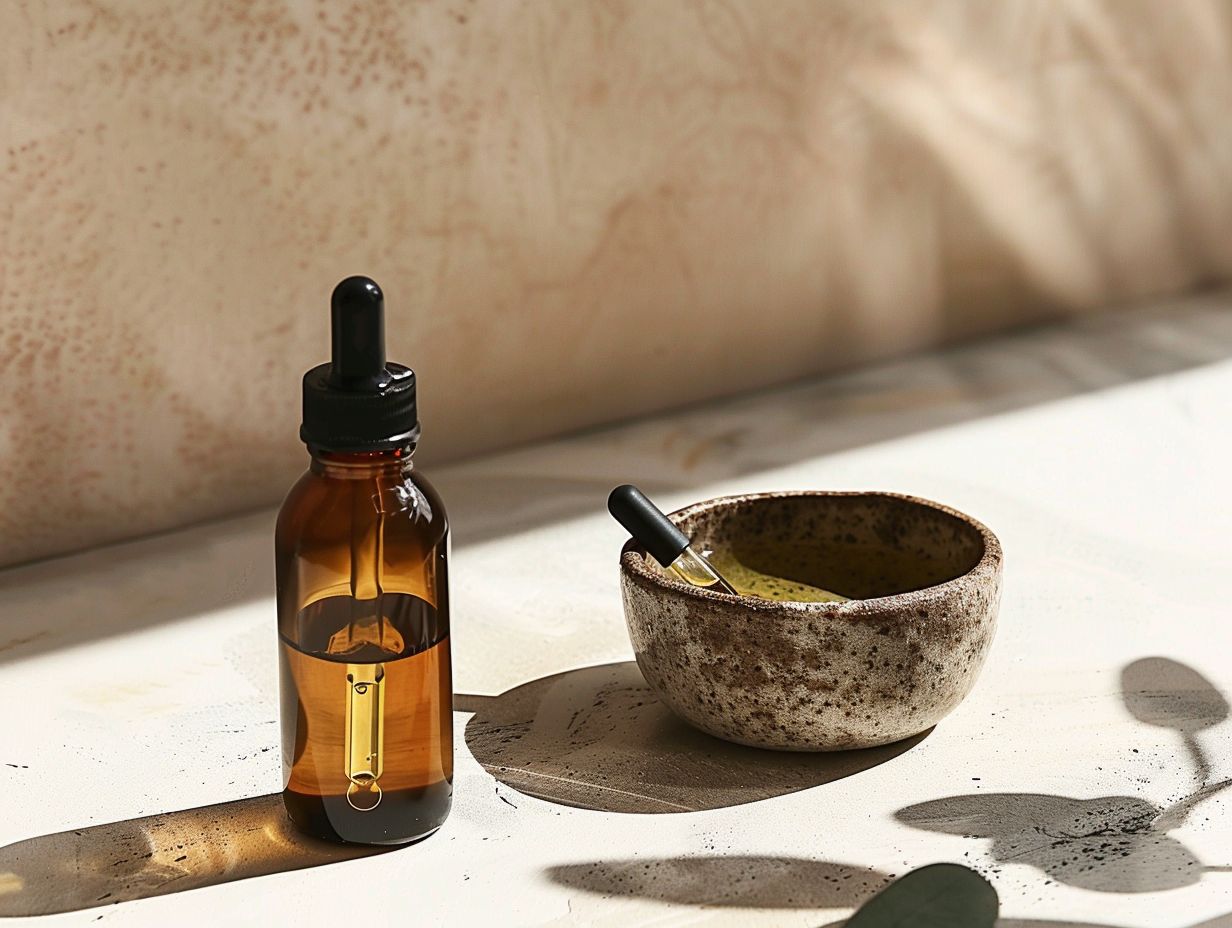
One of the key advantages of utilizing citrus peel oils for cleaning is their remarkable antibacterial properties, which make them effective in killing harmful bacteria naturally. Plus their cleaning abilities, these oils are also powerful in pest control due to their ability to repel pests such as ants, spiders, and mosquitoes. When compared to conventional synthetic chemicals, citrus peel oils offer the benefit of being environmentally friendly as they are biodegradable and do not harm the ecosystem. Safety is another factor to consider, as these essential oils are safer for humans, pets, and the environment compared to harsh chemical cleaners.
Do Essential Oils Contain Alcohol?
Essential oils do not contain alcohol in the traditional sense, as they are primarily composed of volatile compounds extracted from plants. Some essential oils may contain trace amounts of alcohol resulting from the extraction process.
During the extraction of essential oils, various methods such as steam distillation, cold pressing, or solvent extraction are employed. These processes can occasionally lead to minimal alcohol traces present in the final product. It’s important to note that the alcohol found in essential oils is not the same as the ethanol found in alcoholic beverages. The alcohol content in essential oils is typically in the form of natural alcohols like benzyl alcohol, geraniol, or linalool, which are inherent components of the plant oils. As a result, the alcohol content in essential oils is generally very low and not a cause for concern regarding intoxication.
What Is the Alcohol Content in Essential Oils?
The alcohol content in essential oils is typically minimal and not associated with intoxication. Certain oils like camphor may contain higher alcohol levels, posing risks of poisoning if ingested in large quantities.
While most essential oils have alcohol levels below 5%, camphor oil can contain up to 50% alcohol, making it crucial to handle with care. Ingesting large amounts of camphor oil can lead to symptoms of alcohol poisoning such as confusion, dizziness, and nausea. It is important to be cautious when dealing with oils high in alcohol content, as excessive ingestion can have serious health repercussions. Always keep essential oils out of reach of children and pets to prevent accidental consumption.
Can Essential Oils Cause Alcohol Intoxication?
Essential oils themselves do not cause alcohol intoxication due to their composition. Caution should be exercised, especially with children, as ingestion of certain oils with higher alcohol content can pose health risks.
It is essential to note that most essential oils have a minimal alcohol content, typically not in levels that could lead to intoxication when used as directed. To ensure safety, it is crucial to store them out of reach of children and follow recommended dilution guidelines.
When using essential oils around young ones, opt for child-safe oils and always perform a patch test before application to avoid any adverse reactions. It is strongly advised not to ingest essential oils, especially those high in alcohol content, as this can lead to severe health complications.
Are There Essential Oils Without Alcohol?
Yes, there are essential oils available without alcohol, known as alcohol-free oils. These oils are often water-based infusions like rose water or lavender water that offer aromatic benefits without alcohol content.
Alcohol-free essential oils are gaining popularity due to their gentle nature, making them suitable for those with sensitive skin or allergies to alcohol-based products. Plus their pleasant fragrance, these oils are known for their hydrating and soothing properties, making them ideal for skincare routines.
Unlike traditional essential oils that may contain alcohol traces, alcohol-free infusions like lavender water or rose water are more subtly scented and are often used in facial toners, body mists, or hair treatments to refresh and revitalize the skin and senses.
What Are Some Examples of Essential Oils Without Alcohol?
Examples of alcohol-free essential oils include sweet orange oil, which is extracted through methods that preserve the aromatic compounds without alcohol content. These oils are popular for their fresh scents and versatile uses.
Another example of alcohol-free essential oil is lavender oil, extracted through steam distillation from lavender flowers. This oil is known for its calming and relaxing properties, often used in aromatherapy and skincare products.
Peppermint oil is also alcohol-free, extracted through steam distillation from peppermint leaves. It has a refreshing scent and is commonly used for its cooling sensation and digestive support.
Lemon oil, obtained through cold pressing the rinds of ripe lemons, is another popular alcohol-free essential oil. It is valued for its uplifting citrus aroma and its cleansing properties when used in household cleaning products.
What Are the Potential Risks of Using Essential Oils with Alcohol?
Using essential oils with alcohol can pose certain risks, such as skin irritation and heightened sensitivity, particularly in children. It is crucial to be aware of these potential effects and take necessary precautions when using such oils.
Alcohol in essential oils can disrupt the skin’s natural barrier, leading to redness, itching, or even a burning sensation upon application. Children, with their delicate skin, are more susceptible to these reactions. Ensuring that the essential oils are properly diluted can help mitigate these risks. It’s important to remember that what works for adults may not be suitable for children, as their skin is more sensitive.
Consulting a healthcare professional or an aromatherapist before using alcohol-based essential oils on children is highly recommended. This will ensure that the oils are being used safely and effectively, minimizing the chances of adverse reactions. Performing a patch test before widespread application can help identify any potential sensitivity issues beforehand.
Skin Irritation
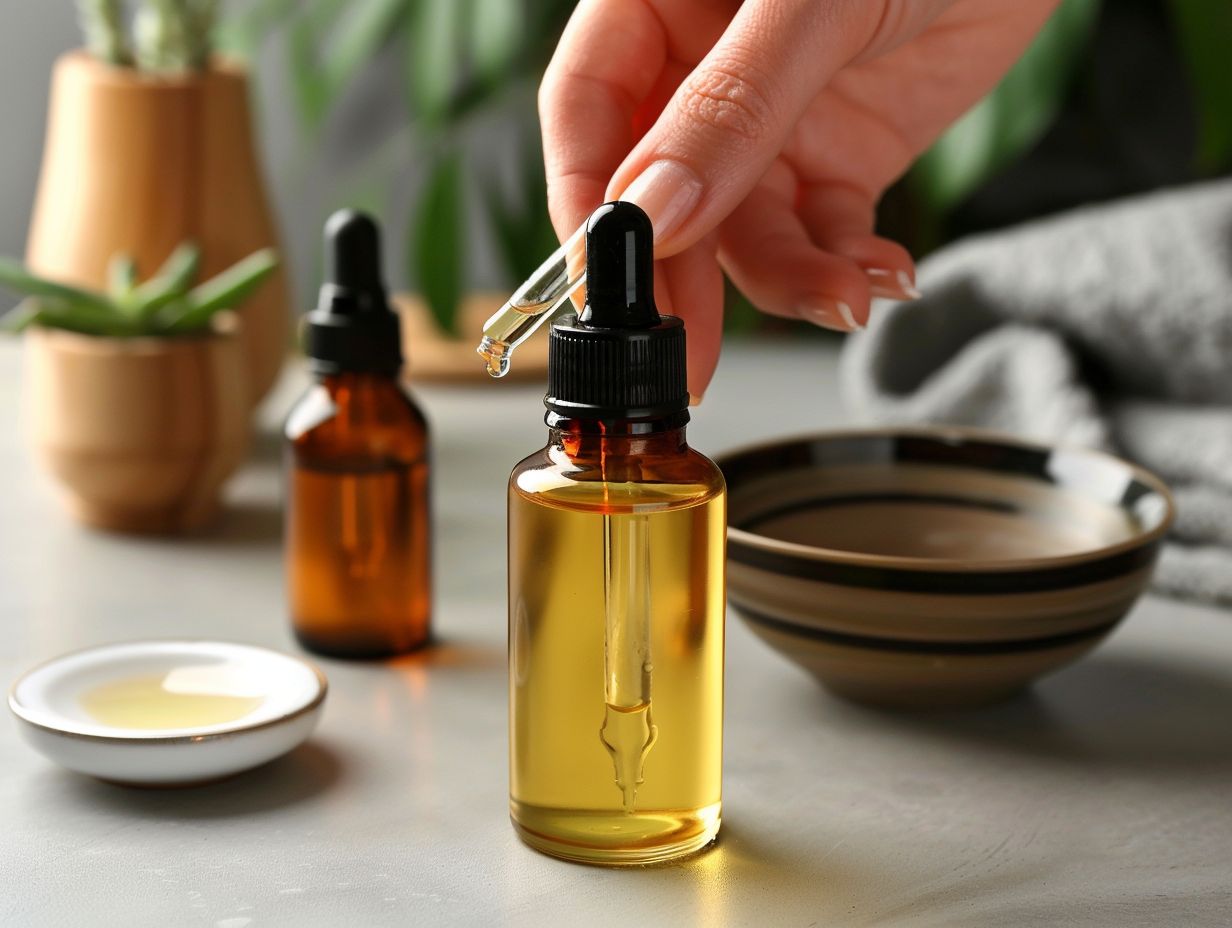
One of the main risks associated with using essential oils containing alcohol is the potential for skin irritation. The presence of alcohol in these oils can strip the skin of its natural oils, leading to dryness and irritation.
Regarding citrus peel oils, they contain compounds that have a higher likelihood of causing allergic reactions or sensitivities in some individuals. To know more about the composition of essential oils, check out this resource on chemical-free essential oils.
For those with sensitive skin, it’s crucial to perform a patch test before using essential oils topically. This involves applying a small amount of diluted oil to a small area of skin and monitoring for any adverse reactions.
Proper safety measures like proper dilution ratios and avoiding sun exposure after applying citrus oils topically can help reduce the risk of skin reactions.
Sensitivity to Light
Some essential oils with alcohol content may cause photosensitivity, making the skin more sensitive to light exposure. This reaction can be exacerbated by certain chemicals like hexane or pesticides present in the oils.
Photosensitivity induced by essential oils containing alcohol occurs when these oils are applied to the skin and then exposed to sunlight or ultraviolet (UV) rays, resulting in skin irritation or burns. Substances such as hexane or pesticide residues can further intensify this reaction, leading to more severe skin damage.
Managing the risks of photosensitivity involves understanding which essential oils contain alcohol and being cautious when using them, especially before going out in the sun. It’s important to always dilute essential oils properly and conduct a patch test before full application to minimize the chances of adverse reactions.
Increased Risk of Alcohol-Related Health Issues
The consumption of essential oils with alcohol content poses an increased risk of health issues, especially in children. Ingestion of these oils can lead to poisoning, digestive problems, or respiratory complications, necessitating caution in usage.
Children are particularly vulnerable to the adverse effects of alcohol-containing essential oils due to their smaller size and developing bodies. Ingesting these potent substances can overwhelm a child’s system, leading to serious health consequences. Poisoning from essential oils may manifest with symptoms such as nausea, dizziness, or even seizures, requiring immediate medical attention. The inhalation of alcohol-laden oils can irritate the respiratory system, triggering breathing difficulties or allergic reactions, further underscoring the necessity for proper handling and storage methods.
How to Use Essential Oils Safely without Alcohol?
To use essential oils safely without alcohol, it is crucial to dilute them with carrier oils to reduce the risk of skin irritation or sensitivities. Dilution ensures proper absorption and minimizes adverse effects.
When selecting carrier oils for dilution, opt for ones like coconut oil, almond oil, or jojoba oil, which not only dilute the potency of the essential oils but also offer additional benefits for the skin.
Proper dilution ratios are vital; a general rule of thumb is 2-3 drops of essential oils per teaspoon of carrier oil for topical application.
Consulting with a certified aromatherapist or healthcare provider can provide personalized guidance on the safe use of alcohol-free essential oils based on your specific needs and health conditions.
Dilute Essential Oils with Carrier Oils
Diluting essential oils with carrier oils is a recommended practice to ensure safety and efficacy. Carrier oils like sweet almond or jojoba oil help mitigate the concentration of potent essential oils, reducing the risk of adverse reactions.
These carrier oils act as neutral vehicles, enhancing the absorption of essential oils into the skin without causing irritation. Sweet almond oil is rich in vitamin E and is suitable for all skin types, making it a popular choice for dilution. Jojoba oil closely resembles the skin’s natural oils, promoting better blendability with essential oils and providing long-lasting moisture.
When diluting, a common dilution ratio is 2-3% essential oils to carrier oil for general use, while for sensitive individuals or facial applications, a lower ratio such as 1% might be advisable. Application techniques like massage, diffusing, or adding to bath water can maximize the therapeutic benefits of essential oils in a diluted form.
Proper storage of diluted essential oil blends in dark glass bottles in a cool, dark place away from direct sunlight helps maintain their potency and freshness. Regularly checking for signs of rancidity or oxidation ensures the quality and effectiveness of the diluted mixtures over time.
Choose Alcohol-Free Essential Oils
Opting for alcohol-free essential oils is a prudent choice for individuals concerned about potential risks. These oils offer similar aromatic benefits without alcohol content, ensuring a safer and more gentle experience.
Alcohol-free alternatives are becoming increasingly popular due to their benefits in skincare, aromatherapy, and home fragrance products.
Alcohol-free essential oils are ideal for sensitive skin types and those with alcohol allergies, as they are less likely to cause irritation. These oils can be used in diffusers, massage oils, and DIY beauty products without the concern of skin sensitivities. When selecting alcohol-free essential oils, it is important to pay attention to the purity and quality of the oil to maximize its therapeutic properties.
Consult a Professional Aromatherapist
Consulting a professional aromatherapist can provide valuable guidance on the safe and effective use of essential oils. These experts offer personalized advice, dosage recommendations, and insights into potential interactions or contraindications.
By seeking consultation with a certified aromatherapist, individuals can benefit from a comprehensive understanding of essential oils and their diverse applications. Aromatherapists possess specialized knowledge in blending oils for specific needs, whether it’s relaxation, skincare, or aromatherapy. Their expertise extends to recommending the most suitable diffusion methods, topical applications, or inhalation techniques tailored to individual preferences and health conditions.
Frequently Asked Questions
Do essential oils contain alcohol?
Yes, some essential oils do contain alcohol. This is because alcohol is used as a solvent to extract the essential oils from the plant material.
Is it safe to use essential oils that contain alcohol?
Yes, it is generally safe to use essential oils that contain alcohol. However, it is important to dilute these oils properly before use to avoid skin irritation.
Why is alcohol used in essential oils?
Alcohol is used in essential oils as a solvent to extract the oils from the plant material. It helps to preserve the oils and also creates a more potent product.
Which essential oils contain alcohol?
Some commonly used essential oils that contain alcohol include peppermint, lavender, and eucalyptus. However, the amount of alcohol in these oils is usually very low.
Can alcohol in essential oils cause skin irritation?
Yes, if essential oils containing alcohol are not properly diluted, they can cause skin irritation. It is important to always follow proper dilution guidelines when using essential oils.
Are there any alcohol-free essential oils?
Yes, there are some essential oils that do not contain alcohol. These include oils extracted using methods such as steam distillation or cold pressing. Always check the ingredients of the essential oil before use.

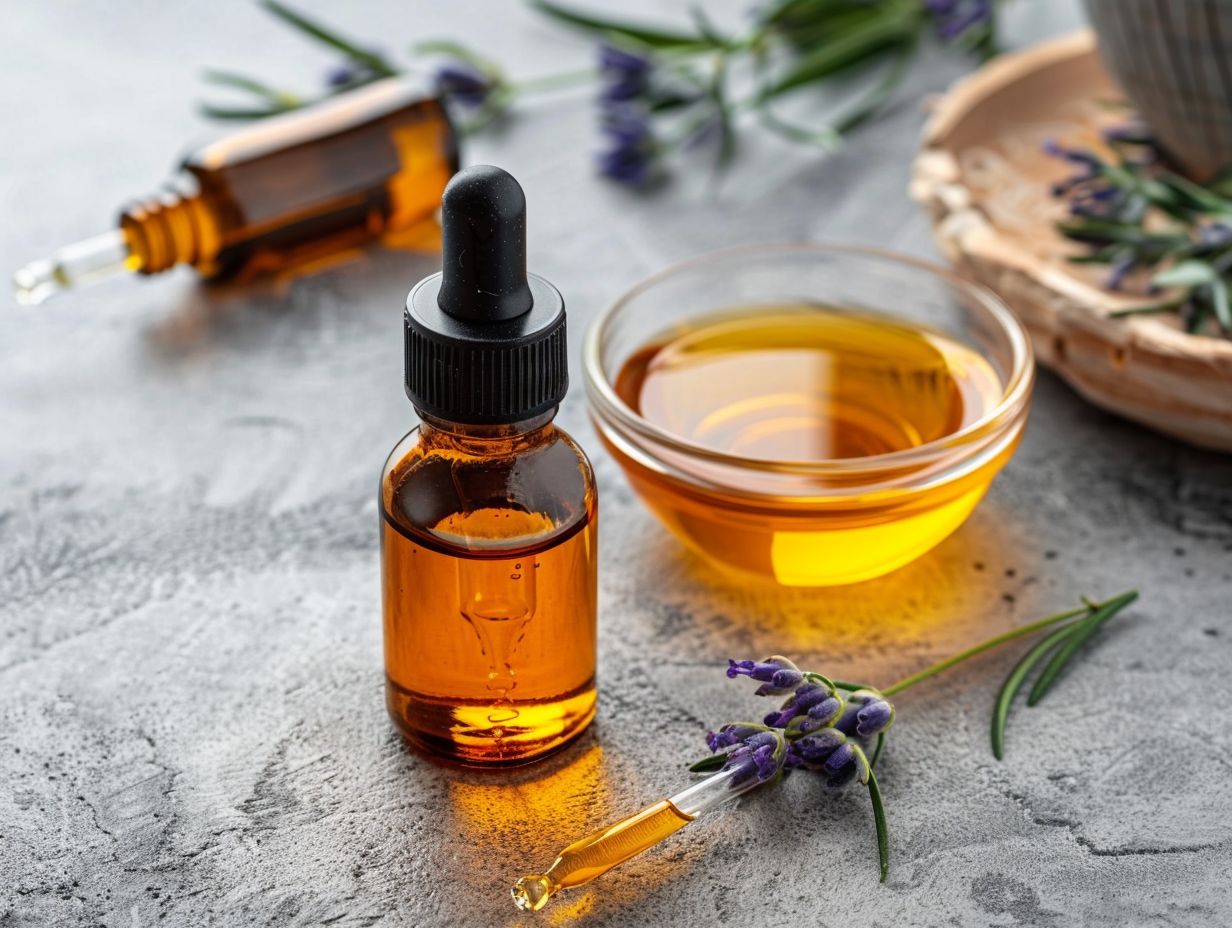
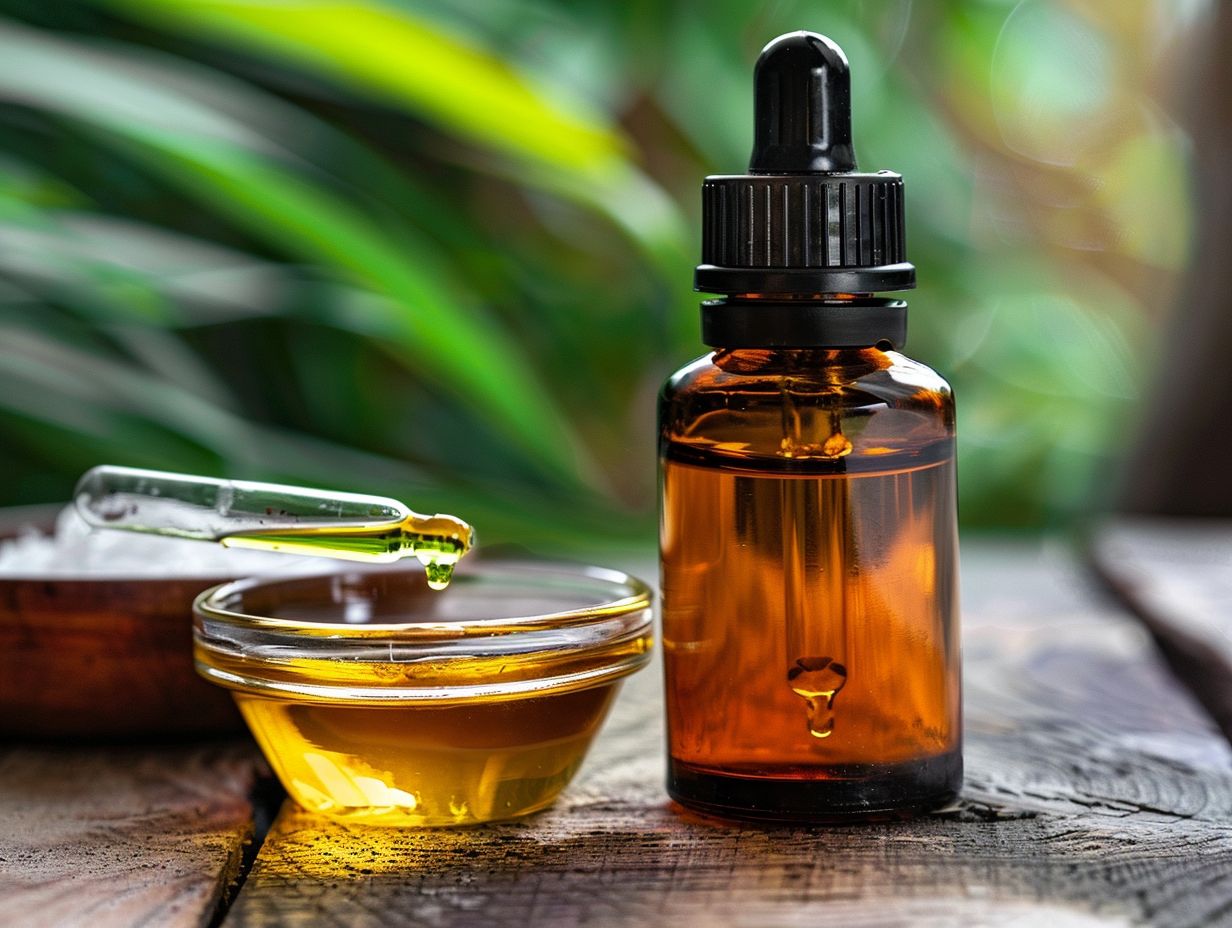
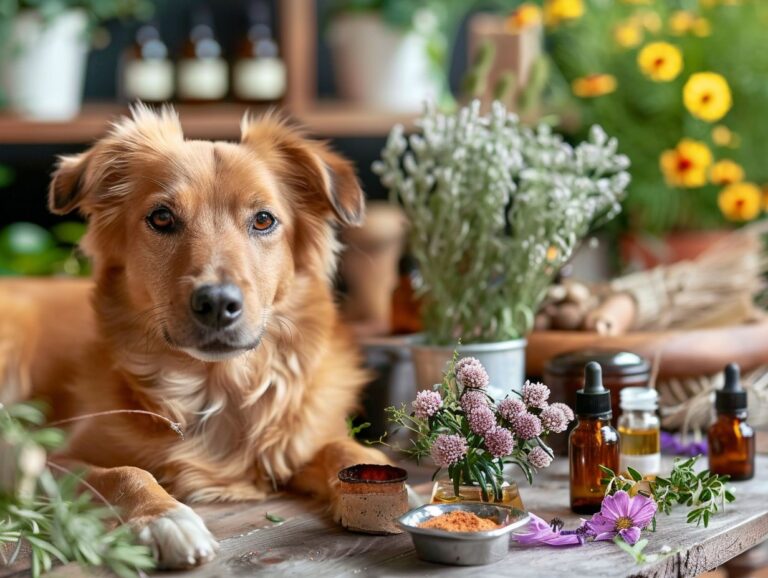



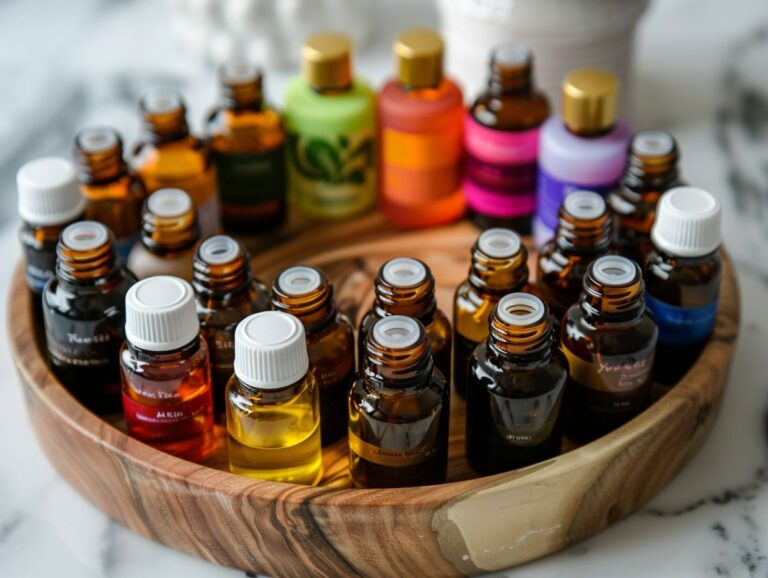
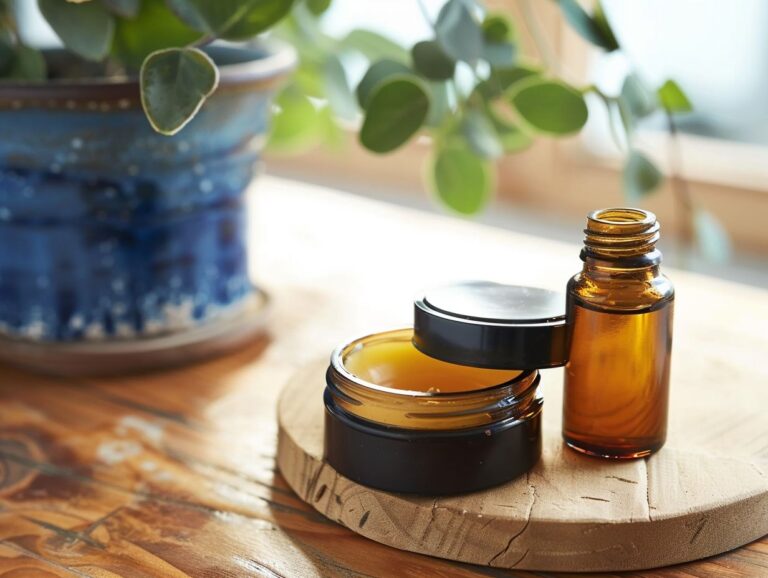
4 Comments